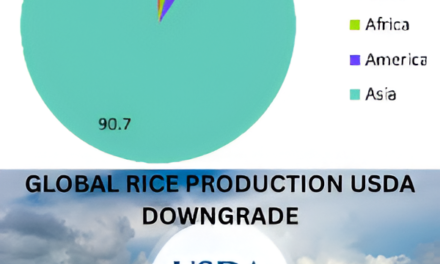The International Fresh Produce Association (IFPA) has expressed strong concern over the proposed reduction in starchy vegetables in dietary guidelines and nutrition programs. The organization emphasized the critical role of starchy vegetables—such as potatoes, sweet potatoes, corn, peas, and squash—in delivering essential nutrients, supporting food security, and promoting balanced diets, particularly for underserved and vulnerable populations.
Starchy vegetables are a valuable source of energy, fiber, vitamins, and minerals like potassium, vitamin C, and folate. The IFPA argues that reducing their inclusion in government nutrition programs, such as school meals and food assistance initiatives, could negatively impact nutritional outcomes, especially for children and low-income families who rely heavily on these programs for daily nutrition. Starchy vegetables are affordable, accessible, and versatile, making them a vital part of a balanced diet across diverse socioeconomic groups.
The IFPA also highlighted that starchy vegetables, particularly potatoes, play a crucial role in combating hunger and food insecurity. As a staple food globally, potatoes provide a cost-effective way to meet daily energy and nutrient needs. Removing or reducing their presence in dietary guidelines may inadvertently discourage their consumption, creating nutritional gaps and undermining efforts to promote food equity.
From an agricultural perspective, starchy vegetables are essential for rural economies and farmers. A demand reduction could impact the livelihoods of producers, especially in regions heavily dependent on cultivating these crops. The IFPA emphasized the need for policymakers to consider the broader economic consequences of such proposals while balancing public health priorities.
The association urged health and nutrition authorities to take a science-based approach in evaluating the role of starchy vegetables in dietary recommendations. They argue that starchy vegetables should be viewed not only as energy providers but also as carriers of essential nutrients that contribute to overall health, including improved digestion, energy metabolism, and satiety.
The IFPA is calling for a more nuanced and inclusive approach to dietary planning that reflects the importance of all vegetable categories, including starchy vegetables, in achieving balanced, accessible, and affordable nutrition. They stress that public policies should encourage the consumption of a diverse range of vegetables to promote health while supporting food security and agricultural sustainability.









